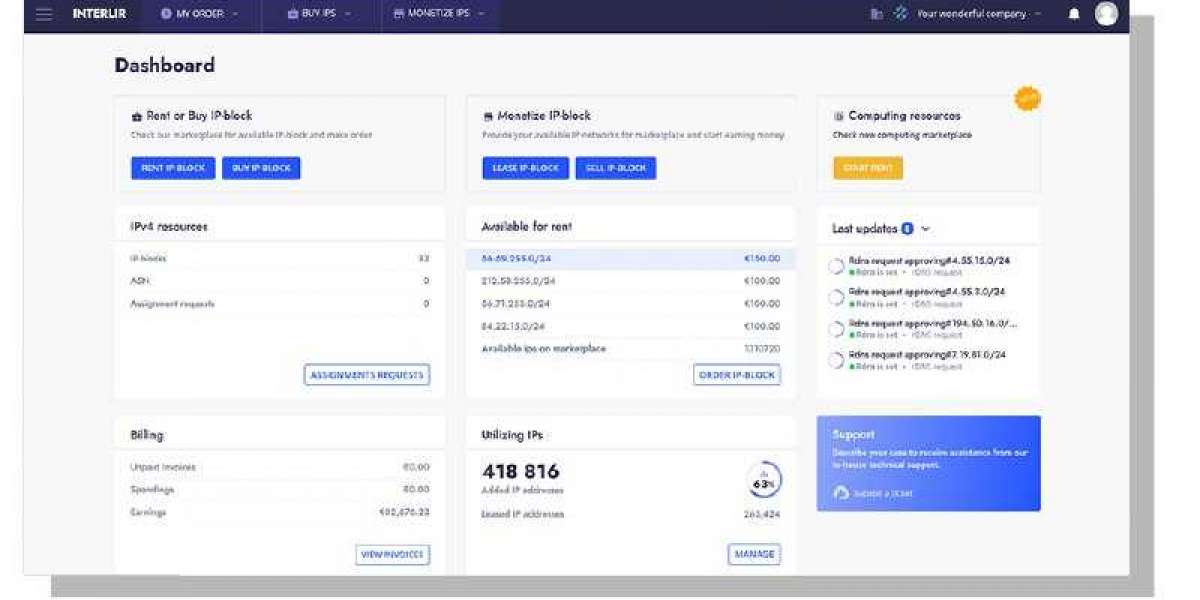The global asset management industry's relentless pursuit of a competitive edge in an increasingly complex and data-saturated environment has created a fertile ground for advanced technology, resulting in a formidable market for artificial intelligence solutions. A deep and thorough analysis of the AI in Asset Management Market Valuation reveals a multi-billion-dollar sector whose financial worth is intrinsically linked to its profound ability to generate superior risk-adjusted returns, or "alpha." The core of this valuation stems from AI's unparalleled capacity to ingest, process, and derive meaningful insights from colossal volumes of both structured and unstructured data in real-time. Unlike human analysts, who are limited in the scope and speed of their research, AI algorithms can sift through millions of news articles, social media posts, satellite images, credit card transaction records, and corporate filings to identify subtle, predictive signals that are invisible to the naked eye. This capability to transform a deluge of alternative and traditional data into actionable investment intelligence is the primary driver of the market's high valuation. Asset management firms are willing to make significant investments in AI platforms because the potential to gain even a few basis points of performance advantage can translate into millions or even billions of dollars in additional returns, making the technology a mission-critical component for survival and success.
Beyond its role in alpha generation, the market's substantial valuation is significantly amplified by the immense operational efficiencies and risk mitigation benefits that AI brings to the entire asset management value chain. The industry has historically been burdened by complex, labor-intensive, and error-prone processes in its middle and back offices. AI is fundamentally transforming this paradigm. Machine learning models and natural language processing (NLP) are being deployed to automate a vast array of tasks, including trade reconciliation, corporate actions processing, regulatory compliance checks under frameworks like MiFID II, and the generation of client reports. By automating these functions, AI not only drastically reduces operational costs and minimizes the risk of costly human errors but also frees up highly skilled human capital to focus on higher-value activities such as client relationships, strategic decision-making, and complex research. The market's valuation, therefore, is also a direct reflection of this quantifiable return on investment (ROI) derived from streamlined operations, enhanced scalability, and a more robust and resilient operational infrastructure, which are increasingly seen as essential for maintaining profitability in a competitive, fee-pressured environment.
Furthermore, the valuation of the AI in asset management market is bolstered by its role as a catalyst for innovation, enabling the creation of entirely new investment products, services, and business models. The technology is not merely an enhancement to existing processes; it is a foundational pillar for the next generation of financial services. For instance, AI is the driving force behind the evolution of robo-advisors from generic, rules-based platforms to sophisticated, hyper-personalized wealth management services that can create dynamic, bespoke portfolios for millions of individual clients at scale. It is also enabling the development of novel, AI-driven investment strategies, such as thematic funds based on real-time trend analysis or factor-based investing where the factors themselves are discovered and continuously refined by machine learning models. The market's worth, therefore, encompasses the significant revenue streams generated from these new, AI-native financial products and services, which are not only capturing market share from traditional offerings but are also expanding the total addressable market by making sophisticated investment strategies more accessible to a broader audience.
Top Trending Regional Reports -



